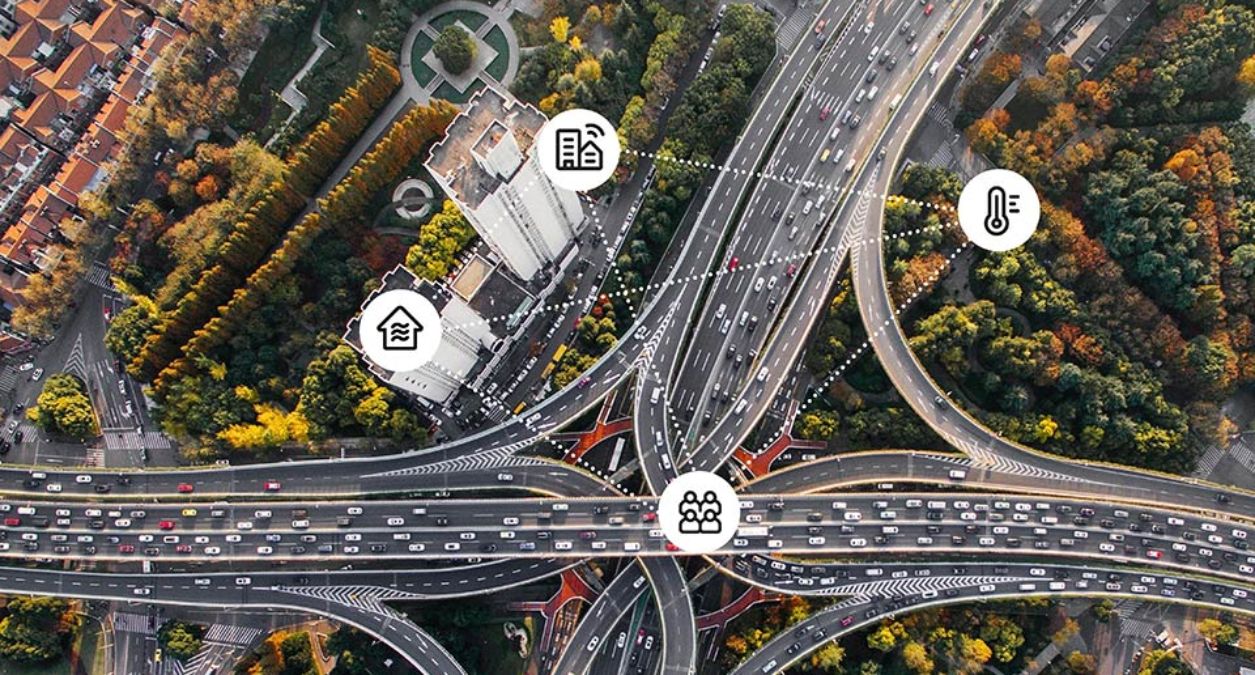"We won't get smarter cities until IoT silos start talking to each other"
"Smarter buildings and public transport can make our lives easier and more comfortable. But if they're developed in silos, they won't make our cities any smarter."
Those are the words of Björn Hansen, Head of IoT at Telia Division X, shortly after speaking to Tom White for an episode of the "The IoT Podcast”. The topic of discussion was reinventing better connected buildings and what needs to change to make our cities smarter. You can listen to the full podcast here or watch the video below.
"I really enjoyed talking with Tom and being able to share what we’re doing”, says Björn. “Our cities will never be smart if their systems can't talk to each other. They'll never get the full benefit of digitalization. That's why, although we are focusing on vertical solutions for smart buildings and smart public transport; we've built them on an open horizontal platform that other companies can also build on. We’re not going to try and address every use case, so it only makes sense that others should be able to use our data to develop new use cases that will benefit our cities.
Once we've opened up to partners with an API that shares the relevant data from our use cases – and they add in the relevant data from their use cases – new partners can come in and offer solutions on top that bring even more value to everybody. Of course all of this needs to be done with the privacy of the citizens put first, but it really opens up new possibilities.
"We can see limitless potential when it comes to smart buildings, but it needs coopetition and working together to build ecosystems that deliver value for everybody."
It's not just us who feel this way either. The customers we talk to understand the need for an open platform, because this gives them an open-ended way of approaching IoT. Then the first questions they have are, “How do I get my ROI? Which use cases are going to give me value the fastest?" That’s where the exciting discussions are today.

We’re seeing more and more use cases that are based on real-time monitoring, but we're also looking beyond that and into predictive analytics. Let's take the example of smart buildings. If we combine current temperature data with historical data and other data sources such as weather conditions and how many people are in the building; we can start to take predictive actions. Like reducing heating when there are a lot of people indoors since people create heat themselves. It's a matter of automating the data to be able to make predictions, rather than just monitoring and reacting. We can see limitless potential when it comes to smart buildings, but it needs coopetition and working together to build ecosystems that deliver value for everybody."
You can listen to the full podcast here
Cookie notification
Cookies allow us to optimize your use of our website. We also use third-parties cookies for advertising and analytics. Please read our Cookie Policy for more information.

